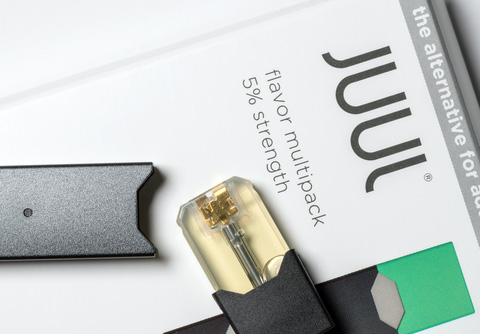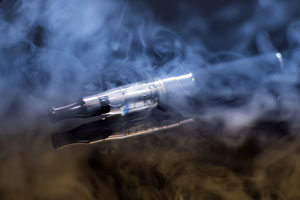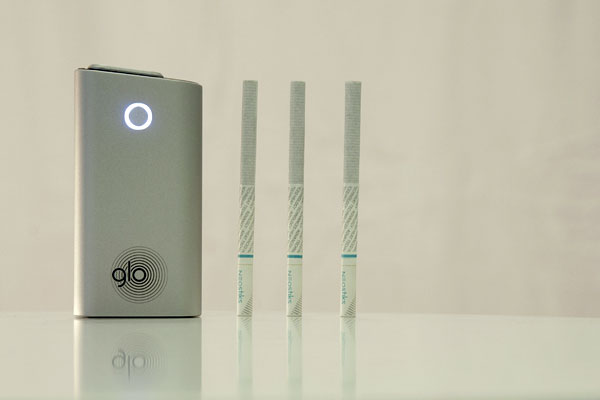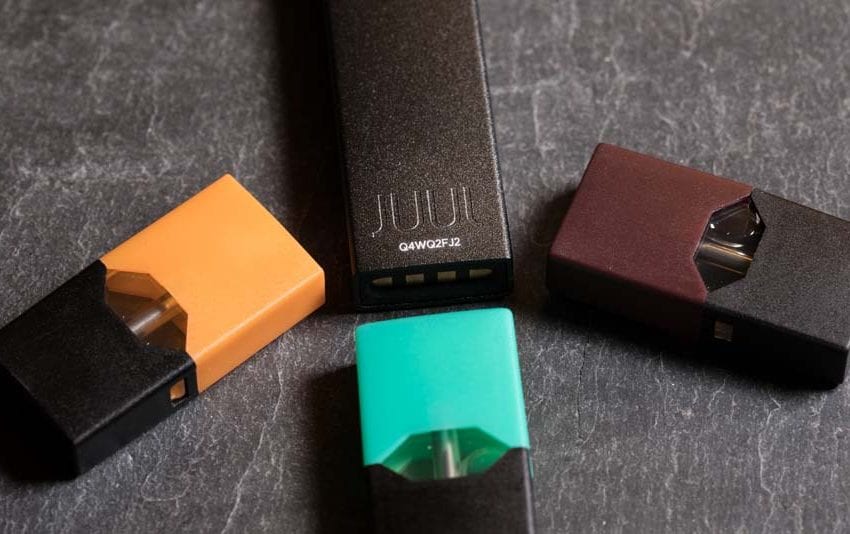Juul Labs’ founders used a $12.8 billion investment from Altria Group to enrich themselves, according to a minority shareholder.
In a lawsuit filed in California state court last week, Daniel Grove says Juul founders Adam Bowen and James Monsees each sold $500 million in stock after the deal with Altria while denying similar opportunities to minority stakeholders.
The suit seeks to block Juul Labs’ board from approving further transactions involving its members and to make the company hold annual meetings. It also seeks to represent others as a class of plaintiffs.
Describing the suit as “without merit and filled with factual inaccuracies,” Juul Labs countersued stop Grove from gaining access to its books and record.
Grove’s lawyer, Francis Bottini, said his client is seeking information about payments to Juul Labs’ board members related to the Altria deal and that under California law he didn’t sign away those rights as Juul contends.
Bottini said Juul Labs’ lawsuit against Grove is “without merit.”







